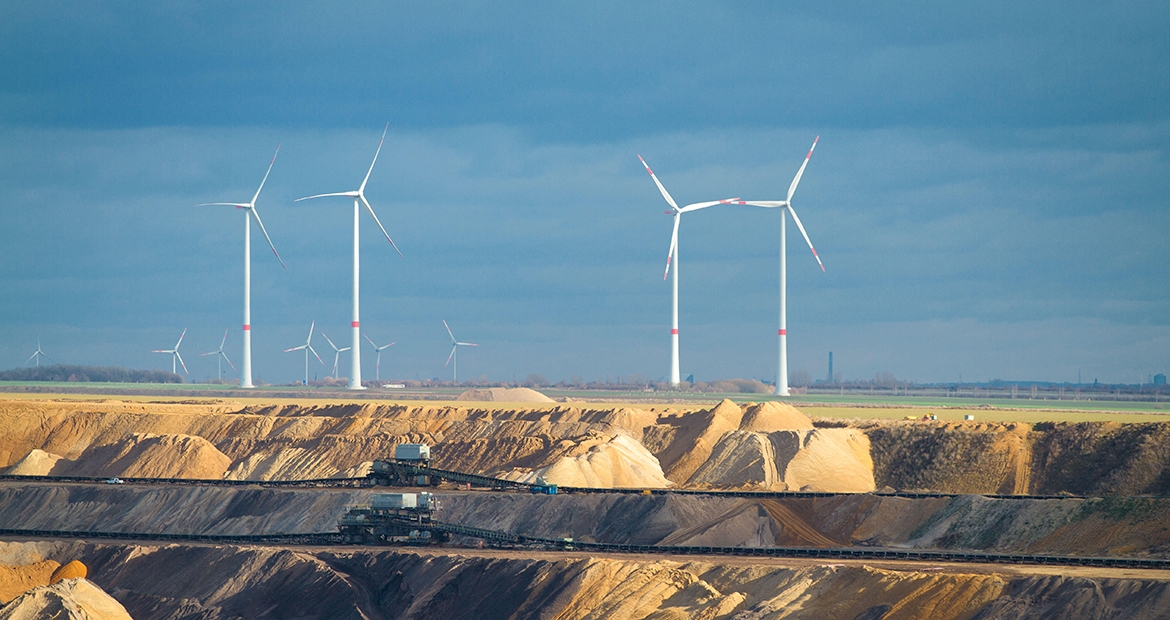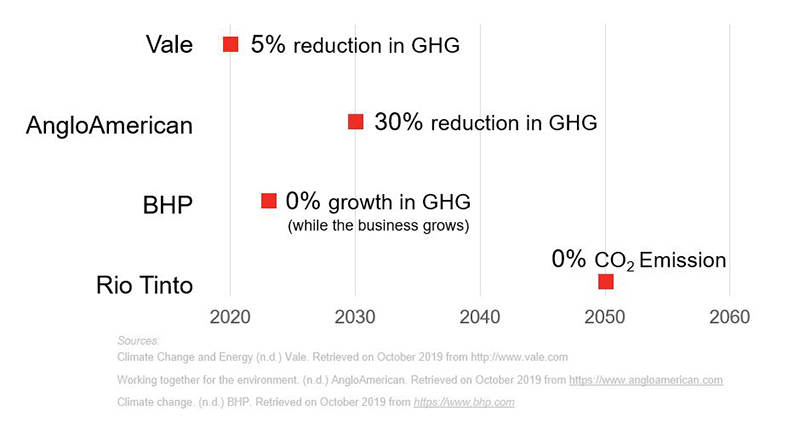Digging Deeper: Three real-life examples of improved sustainability across mines
Mining companies around the world are placing an increased focused on reducing their environmental footprint. In our latest edition from our 'Digging Deeper' series, we take a look at three ways the mining industry is making advancements in sustainability.
By Aytek Yuksel, Content Marketing Leader - Power Systems

Sixteen out of 93 pages for Glencore, 12 out of 75 pages for Rio Tinto and 11 out of 105 pages for BHP.
These are the number of pages each of the world's biggest miners allocated to sustainability in their most recent annual reports. It is just not the pages, as each of these miners have established commitments in reducing their environmental impact.
Similarly, Cummins Inc. is driven to reduce its impact on the environment. In fact, five years after announcing its first global environmental sustainability plan, Cummins has surpassed the carbon dioxide (CO2) savings it expected to achieve by 2020 through partnering with customers on fuel economy projects, avoiding 12 million metric tons of CO2.
Let's simply define sustainability as the lowest social cost of getting the job done, and it helps miners deliver results with the least environmental impact possible. In a mine site, sustainability has many fronts ranging from emission of pollutants and disposal of consumables to preservation of water resources.

Miners pursue a multifaceted approach in advancing their sustainability efforts, and here are three of the ways the mining industry makes advancements on this front.
No. 1: Stringent emission regulations result in reduced environmental impact
In recent decades, emission regulations got increasingly stringent, especially in reducing particulate matter (PM), oxides of nitrogen (NOx) and hydrocarbons (HC). Less NOx means less smog, and less particulate matter means less accumulation of these particles in the soil or in the water.
Today, a typical Cummins engine used in a mining application emits 90% less harmful gases compared to engines produced before the year 2000. Moreover, in most cases, these engines are more powerful and more fuel efficient than their predecessors.
No. 2: Less consumables to dispose
The focus on greenhouse gases (GHG) tend to get the spotlight when it comes to sustainability, yet for mines, consumables are another big opportunity to reduce environmental footprint. A mine haul truck could have over 50 gallons of engine oil and would need a refill every month or other. With hundreds of haul trucks working 24/7 in some of the larger mines, there are lots of consumables to refill and dispose.
This is where advanced analytics and telematics come to help with the newest technologies from Cummins: PrevenTech and FIT. Customers taking advantage of these technologies can adopt a condition-based maintenance routine, in which consumables are changed only when needed instead of at fixed intervals. Optimizing the maintenance intervals results in leveraging the consumables for longer durations and creating less consumables to dispose.
No. 3: Less fuel consumption means less carbon emissions
A large haul truck at a mine could have a fuel tank as large as 1,000 gallons, equivalent to the fuel tanks of over 60 passenger cars combined, and each haul truck could require a refill every other day. Given the scale and consumption pattern, improvements in the mining equipment's fuel consumption yield into significant reductions in carbon emissions.
For instance, a mining contractor in Australia’s Bowen Basin has reduced carbon dioxide (CO2) emissions of six trucks over 500 metric tons a year by replacing the old fuel system with a Modular Common Rail fuel system (MCRS), and installing Cummins’ latest innovations in combustion technology from its Tier 4 engineering programs
"Whether it is air, water or noise, environmental considerations are increasingly becoming a top of mind topic for miners, and at Cummins we have bright and diverse minds bringing innovations to tackle these challenges daily," said Bob Schaefer, Director of Mining Innovations and Growth Initiatives at Cummins.
"In addition to the environmental aspect, our sustainability efforts at Cummins also expand into safety. We build a culture of safety starting from our everyday meetings, where we start with a safety share, all the way to providing safety education to our technicians specialized in mining."
To learn more about trends in the mining industry, follow us on Facebook and LinkedIn. To learn more about mining power solutions Cummins offers, visit our webpage. To learn more about how Cummins is powering a world that’s "Always On," visit our web page.
Author Profiles

Aytek Yuksel, Content Marketing Leader - Power Systems
Aytek is a marketing leader at Cummins, focusing on technology and thought leadership. Since joining in 2008, he has held various marketing roles and now shares insights on markets, technologies, and energy transition. Aytek lives in Minneapolis with his wife and two kids.
Related Tags